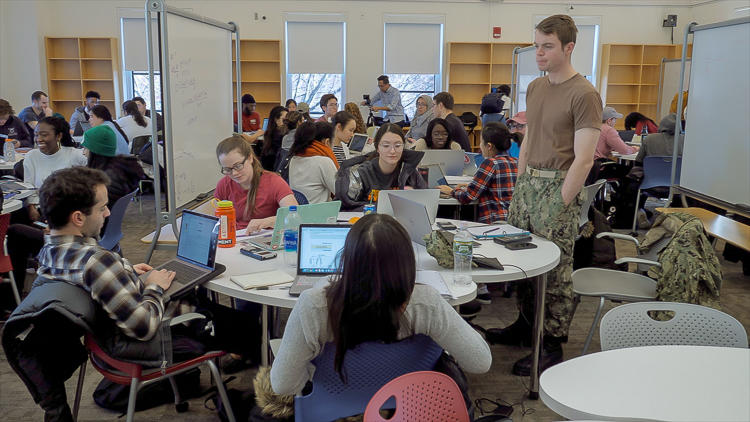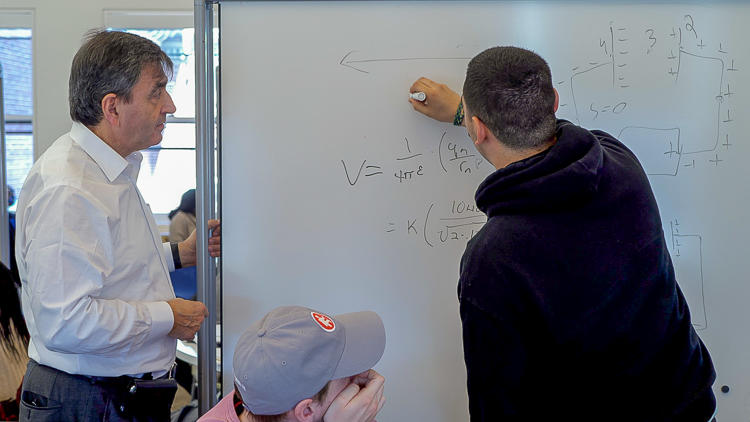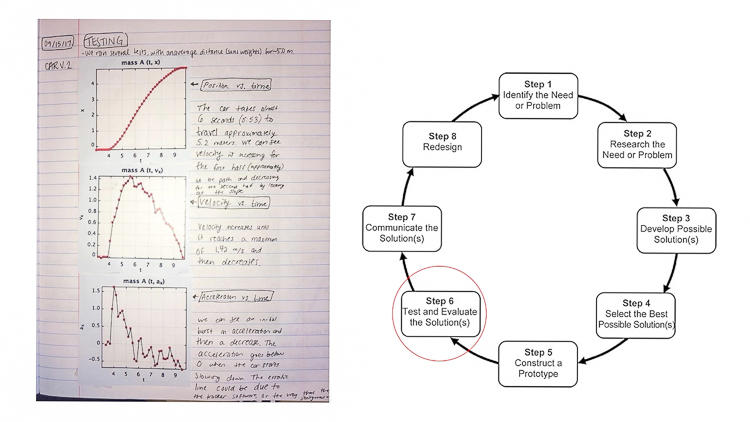To develop deep conceptual understanding of abstract concepts, particularly in the sciences, students need to do more than just read textbooks or listen in lecture halls. They need to find ways to actively develop their understanding, observe and reflect on how these concepts introduced in class actually operate in the real world. In classes that utilize a Project-Based Learning approach, students try to solve challenging everyday problems by learning about and applying key class concepts. In a well-designed problem, students are meaningfully engaged in an authentic social problem that can only be solved if they deeply understand what is to be learned in the class. While projects can range in scope and complexity -- with some lasting only a few days and others taking a full semester -- all project-based learning challenges students to be self-directed and take ownership of their learning.
How do we design projects that can engage students in authentic and meaningful applications of class concepts? How do we scaffold students’ design processes so that they are intrinsically motivated to learn more about fundamental class concepts? How do we enable students to track and assess their own learning throughout project development? How do we ensure that students value the process of applying class concepts to the real world over how effectively their project works? In these videos, featured instructor Eric Mazur discusses his approach and strategies for using project-based learning with undergraduates at Harvard’s School of Engineering and Applied Sciences.






